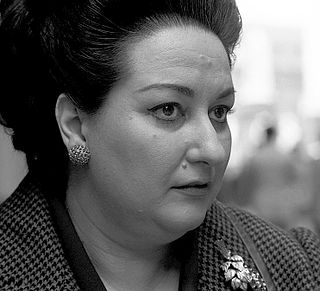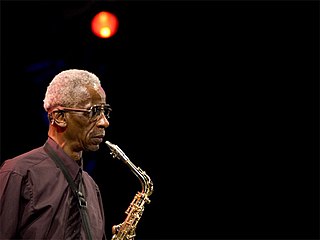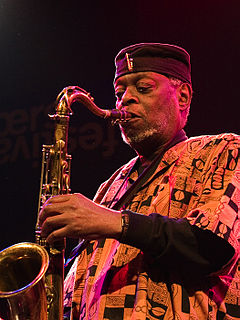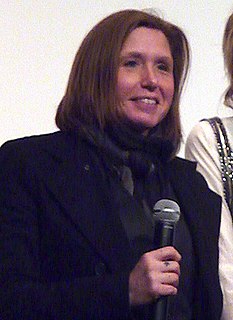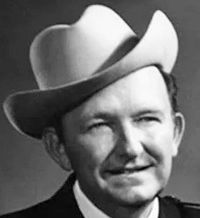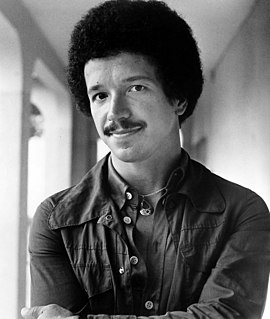A Quote by Ornette Coleman
That's what I was trying to say when we were talking about sound. I think that every person, whether they play music or don't play music, has a sound - their own sound, that thing that you're talking about.
Related Quotes
When I hear what we call music, it seems to me that someone is talking. And talking about his feelings, or about his ideas of relationships. But when I hear traffic, the sound of traffic - here on Sixth Avenue, for instance - I don’t have the feeling that anyone is talking. I have the feeling that sound is acting. And I love the activity of sound... I don’t need sound to talk to me.
In fact, quite a lot of what I do has to do with sound texture, and, you can't notate that. You can't notate the sound of "St. Elmo's Fire." There's no way of writing that down. That's because musical notation arose at a time when sound textures were limited. If you said violins and woodwind that defined the sound texture; if I say synthesizer and guitar it means nothing - you're talking about 28,000 variables.
Electronic music was just discovery about sound, all our sound options. The core percussions and melodies, they forget about it, they didn't think about those those for a good four, five years, because they were just discovering the new tools and what they could do with them, you know? The big folk revival, I think is a backlash against that. And now, I think they'll probably try to find somewhere in the middle. It's interesting. It's like push-and-pull. It's always like that, you know? Music history is always like that, this repeating evolution of music.


